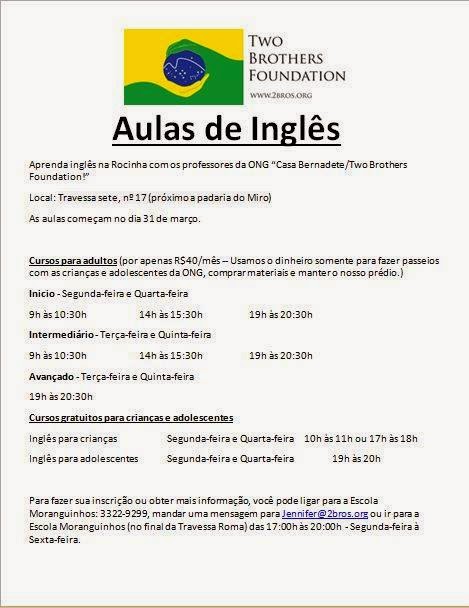After Brazil's staggering defeat against Germany the atmosphere in Brazil changed from festive to kind of depressed. The fact that even though the Germany humiliated them in front of the home crowd, Brazilians would still support it in the final against Argentina, tells a lot about Brazilian relationship with their neighbours.
The atmosphere in Copacabana was up to the German goal absolutely insane. Around 100,000 Argentines came to Rio to see the final and most of them came to see it at the beach. Starting in the morning, they were singing songs (including very provocative ones about Brazilians), jumping around and just generally being cheerful and excited about the match. All this changed suddenly the moment Germany scored. There was silence (being broken by a few German supporters, who were getting absolutely mental) and Argentines literally started praying for Messi to score. Unfortunately it didn't happen and Argentines left Copacabana disappointed. The riot police had to intervene a few times with pepper spray, but apart from that there were no major issues.
To the surprise of most people, the Cup ran pretty smoothly (excluding some of the unfinished airports etc.) and I don't think there were any major issues or protests, although the absence of protests could be attributed to the police allegedly arresting the main activists before the important games and thus disabling them from being able to organise the protests.
People all over Brazil were joking that this time the year will only start after the Cup has finished. In January people kept celebrating the new year's, then came the Carnival, the preps for the Cup and the World Cup itself. But now that all this is finished things will slowly get back to normal. Or as normal as things here can be.







































